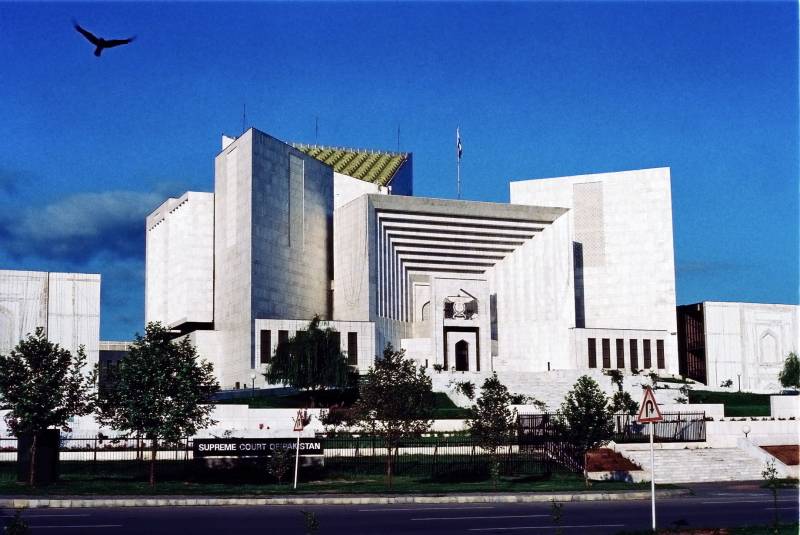Belated though, a welcome decision by Supreme Court

Stay tuned with 24 News HD Android App

Belated though, the Supreme Court’s recent order to the federal government to set up 120 more accountability courts is a welcome decision that will accelerate the accountability process in a country where corruption is rampant in all walks of life.
Such courts are already in the field and were established under the National Accountability Ordinance (NAO) 1999 to adjudicate corruption references filed by the National Accountability Bureau (NAB) within 30 days. However, at present more than 1,200 references have been pending with the courts, a large number of them for the past twenty years, an unbelievable reality.
Also, the apex court has noticed that five accountability courts are without judges.
In a three-page written order, an SC bench headed by the Chief Justice has said it was unable to find the rationale and logic behind the courts left ‘vacant’ for a long period by the relevant authorities, adding that NAB too has provided no reason for this.
The Supreme Court was of the view that the whole purpose of making accountability law seems to have been frustrated because of the lack of appointment of judges to vacant courts.
In view of the prevailing situation, the court has directed the law secretary to immediately get instructions from the government regarding the proposal about the creation of at least 120 accountability courts and to fill them up with judges for expeditious disposal of cases.
The strength of accountability court all over Pakistan shall immediately be increased by the government in order to ensure that all the pending accountability cases come to their logical conclusion within three months, the SC bench said.
The state of corruption in Pakistan is very disturbing and nothing moves unless the relevant palms are greased.
According to the NAB chairman, corruption worth over Rs943 billion had been committed in 1,262 references filed last year.
If new courts are established in accordance with the Supreme Court’s decision and cases are also decided in accordance with the legal timeline, political stables will get cleaned before the next elections, due in 2023.
Opposition parties have already started mounting pressure on the government for early elections, although both the PML-N and the PPP had completed their five-year mandated terms.
Some people are of the opinion that the apex court should have ordered some measures to identify the elements who failed in performing their duties and are responsible for creating a situation where accountability process appears non-existent.
These elements must be charge-sheeted and punished according to law.
When the NAB was set up and a network of accountability courts launched across the country, it was expected that corrupt elements would find no place to hide. They would be sent to jails after which the level of corruption would drastically come down.
But, unfortunately, some high-ups, for their vested interests, did not perform their duties because of which the level of corruption did not come down.
As a result, society today is as corrupt as before.
The National Accountability Bureau is reported to have recovered Rs150 billion from corrupt elements last year by filing 206 references in different accountability courts.
The NAB chairman claims that due to investigations conducted on scientific lines, the conviction rate in corruption cases is about 70 percent.
Does the recovery of more money in various references mean fall in the corruption level? Perhaps, the answer is in the negative.
And if a large number of people being proceeded against by the provincial anti-corruption departments are also computed, the situation will look more alarming.
It is unfortunate that even a former president, some former prime ministers, chief ministers and ministers are also facing corruption references. And if the integrity of people occupying top seats is not abroad board, situation at the lower levels may well be imagined. God save Pakistan.
